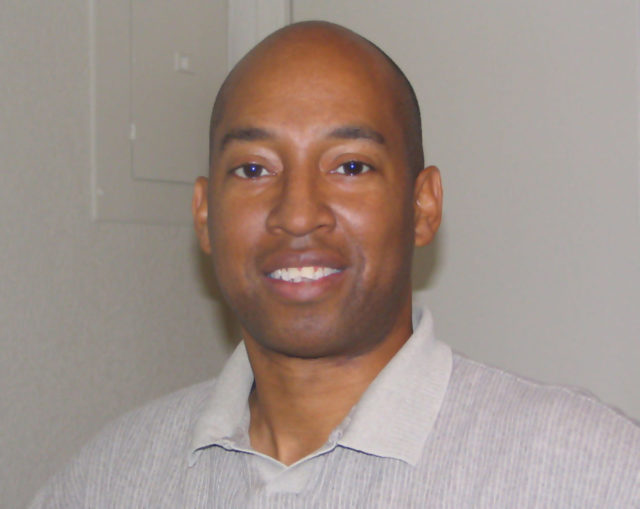“I don’t predict a hurricane season. If a hurricane makes landfall near where you live, that is an active season for you,” says URI Professor of Oceanography Isaac Ginis.
Yet predicting the severity of a hurricane can mean the difference between life and death, which is why Ginis makes it his business to predict the power of these ferocious storms. He developed a computer model so successful it was adopted by the National Weather Service. As one of the few scientists worldwide to show the role the ocean plays in hurricanes, Ginis essentially proved that ocean temperature is the most important factor in hurricane intensity and power.
Says Ginis, “People may think if you have 20 hurricanes predicted in a season that it would be more dangerous than in a season with fewer, in terms of making landfall, which is not true. Even with an inactive season, we can have catastrophic hurricanes. In 1992 we had only seven hurricanes, but among them was Andrew, which made landfall in Florida and devastated the surrounding area south of Miami. It doesn’t matter how many are in the Atlantic since most of those go out to sea. The media will often ask how many, and if you hear a prediction of fewer storms, people feel they can relax, but that isn’t the case.”
Ginis’s research efforts have resulted in pioneering advances in modeling of the tropical cyclone-ocean interactions that have led to significant improvements in hurricane intensity forecast skills.
His research group has contributed to the development of the Hurricane Weather Research Forecast model used by the U.S. National Hurricane Center and Joint Typhoon Warning Center for operational forecasting of tropical cyclones in all ocean basins. One of his team’s most recent projects, the Rhode Island Coastal Hazards, Analysis, Modeling and Prediction (RI-CHAMP) system, which launched in June, advances storm model capabilities and develops a real-time hazard and impact prediction system for hurricanes and nor’easters in Southern New England. The system provides actionable information to decision makers in helping to prepare for a storm. When it comes to forecasting hurricanes, the focus is usually on more tropical locales. However, Ginis says, “the farther they move to the north, the more complex they become.”
More on Isaac Ginis:
Actionable Information, Aboard GSO (Spring 2022)
URI leads team of researchers awarded $1.5 million NOAA grant, URI News (Sept. 2021)
Ocean Research, University of Rhode Island (July 2021)
Isaac Ginis, University of Rhode Island (May 2018)
Source: University of Rhode Island

Rod Washington: Rod is a blogger, writer, filmmaker, photographer, daydreamer who likes to cook. Rod produces and directs the web series, CUPIC: Diary of an Investigator. He also produces news and documentary video projects. Check out his podcast StoriesThisMoment at https://m3e.d71.myftpupload.com/stm-tncn-podcasts/



It’s going to be end of mine day, but before finish
I am reading this fantastic article to increase my knowledge.